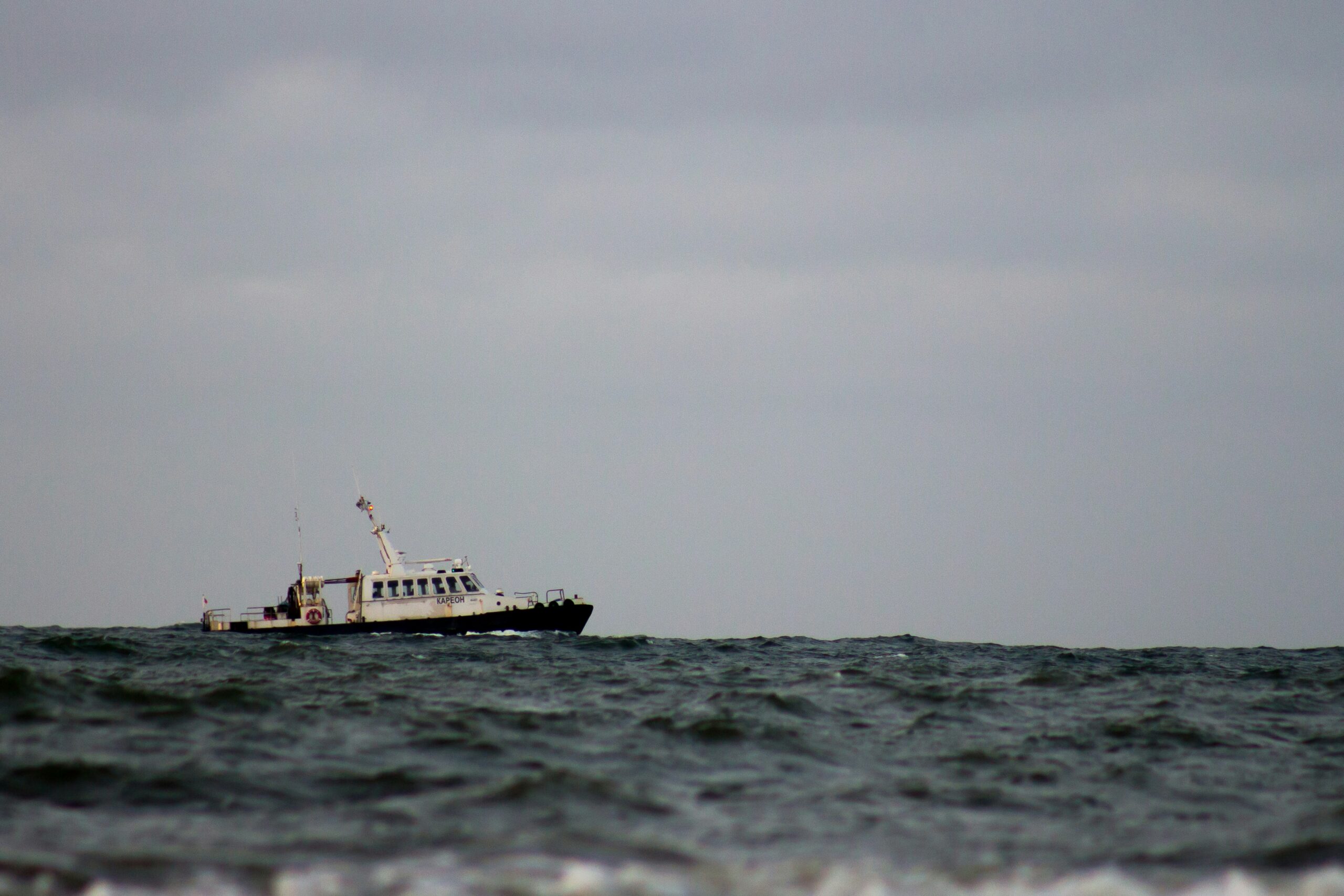
Main narratives:
- Discrimination against Russian speakers;
- Anti-government sentiments;
- Maritime provocation against Russia.
Overview:
During the last week, pro-Kremlin commentators have accused the Estonian government of a significant escalation of maritime enforcement in the Baltic Sea when the Estonian navy intercepted and seized the Kiwala, a flagless oil tanker that was falsely registered in Djibouti. The vessel was bound for the Russian port of Ust-Luga and had been sanctioned by both the European Union and the United Kingdom. It was Estonia’s first direct seizure of a vessel linked to Russia’s “shadow fleet” – a network of ageing, often uninsured ships used to evade Western sanctions by secretly transporting Russian oil. The “shadow fleet” consists of older vessels that often lack proper maintenance and insurance, posing significant environmental and navigational risks in the busy Baltic Sea. Although Estonia’s operation underscores its commitment to securing maritime borders and critical infrastructure against unauthorised and potentially dangerous vessels, pro-Kremlin voices have desperately accused Estonia of overstepping its capabilities by challenging Russia’s methods of evading international sanctions and potentially provoking further tensions between states.
In the past week, pro-Kremlin social media users have continued to accuse the Estonian authorities of public Russophobia and of violating the rights of the country’s Russian-speaking minority. President Alar Karis has promulgated the law on constitutional amendments, which deprives third-country nationals living in Estonia of the right to vote in local elections. Stateless persons will also lose this right from the next elections in four years’ time. Commentators openly accused the president of being partisan and following political trends. There were numerous calls to stop paying taxes altogether.
But even more discontent was caused by the Estonian Parliament’s adoption of amendments to the Law on Churches and Congregations. This means that the Estonian Orthodox Christian Church (known formerly as the Russian Orthodox Church in Estonia) will be required to completely sever ties with the Moscow Patriarchate and the Russian Orthodox Church, which justifies aggression and war in Ukraine and, through its charter, maintains direct influence over the local church. Pro-Russian social media users actively began referring to the new legislation as a ‘ban on Orthodoxy in Estonia’, directly echoing the narratives pushed by official Russian media. Attempts by the Ministry of the Interior to refute this claim were largely unsuccessful: a significant proportion of Russian-speaking internet users perceive the situation as a form of religious persecution and a restriction on freedom of belief. It is clear that this issue will arise again and again, especially considering that the amendments have yet to be ratified by the President. The final decision on how events unfold will rest with the court.









